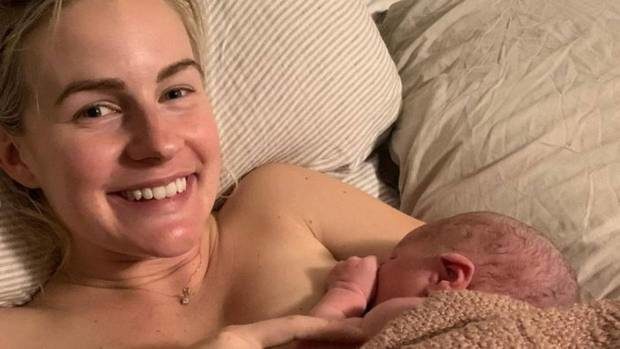To the NZ Herald
10 September 2019
Re: Comment: Art Green and Matilda Rice’s social media post irresponsible – home births risky (headline subsequently changed to ‘Art Green and Matilda Rice’s home birth – be sure you know the risks’
The comment from an anonymous doctor posted online by The New Zealand Herald on 9 September about home birth does not give an accurate view of the evidence on this option for birth in New Zealand and needs to be challenged on a number of points.
The comment appeared as a response to the birth at home of Matilda Rice and Art Green’s son.
The following can be attributed to the College of Midwives:
In New Zealand, planned home birth with professional support from a registered midwife is an option that is both publicly funded and promoted by the Ministry of Health. The Ministry’s website includes a page on ‘Where to give birth’, stating that “You should discuss the place of birth with your midwife or specialist doctor as part of your planning in early pregnancy. Unless you have complications all of these choices are safe.”
The first option listed is ‘Giving birth at home’, and says that: “Home birth is a safe choice for many women. Women who have home births use less pain relief and have fewer caesarean sections and forceps than women who give birth in hospital. If you want to know more about this choice talk to your midwife or doctor”.
The latest Ministry of Health Report on Maternity identifies that nearly 2000 women gave birth at home in 2017.
There is a growing body of evidence related to planned home birth compared to planned hospital birth[1], including a systematic review of 28 eligible studies in which the authors concluded that high-quality evidence around low-risk pregnancies showed that where women had their baby had no statistically significant impact on infant mortality. In fact they said there was less chance of maternal morbidity (illness or injury) and obstetric intervention (including forceps, c-section and so on) for well women outside a hospital, and they supported increasing the number of of birth centre and home birth options for women with low-risk pregnancies.
Additionally, published evidence shows that having a baby at home is safe when midwives, who are an integral part of the maternity and wider primary health system, are present. We are so fortunate that this is the case in New Zealand however in some countries, such as the USA, midwifery services are variable and are not well integrated across the range of places women can choose to have their baby. Studies undertaken in those countries report higher risks for home birth.
The New Zealand College of Midwives Collaborative Statement on Home Birth and Primary Birth Units is supported by the research evidence. The statement identifies that, “Women who are experiencing normal pregnancies should be offered the option and encouraged to give birth in primary maternity facilities or at home. The evidence clearly demonstrates that women who receive effective antenatal care and are assessed to be at low risk for complications, will give birth to healthy babies and need fewer interventions if they are supported to give birth in a primary maternity unit or at home.”
It’s really important people know that New Zealand midwives offering planned home birth services carry full emergency equipment and will manage a transfer to hospital as required, where they work in collaboration with hospital doctors and midwives.
We are part of a team working to achieve the best outcomes for women and babies – and we do that based on evidence and best practice.
The New Zealand College of Midwives:
The New Zealand College of Midwives (the College) is the professional organisation and recognised ‘voice’ for midwives and student midwives in New Zealand. The College represents more than 90% of all practising midwives and works in partnership with maternity consumer groups such as Plunket, Parents Centre New Zealand, the Home Birth Association and La Leche League to ensure high quality maternity services in New Zealand.
[1] Scarf V, Rossiter C, Vedam S. et al. 2018. Maternal and perinatal outcomes by planned place of birth among women with low-risk pregnancies in high-income countries: A systematic review and meta-analysis. Midwifery; 62: 240-255
More…
